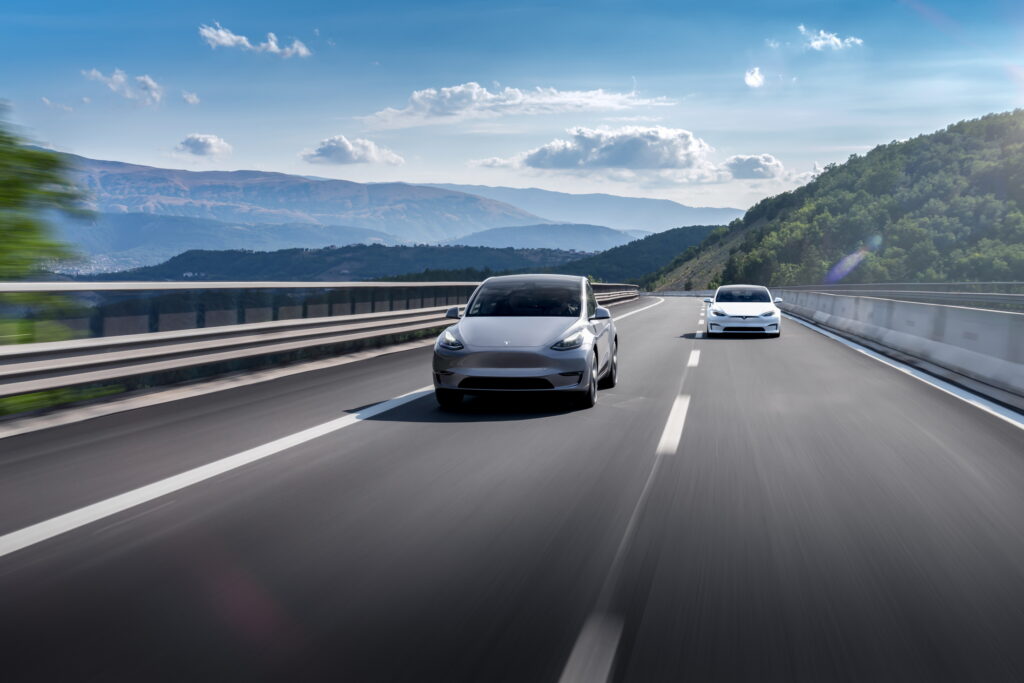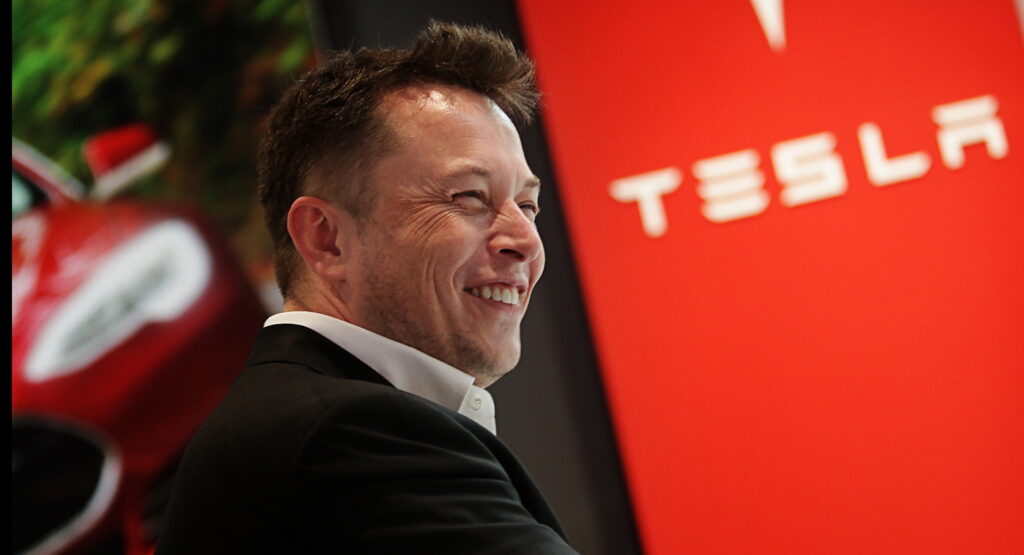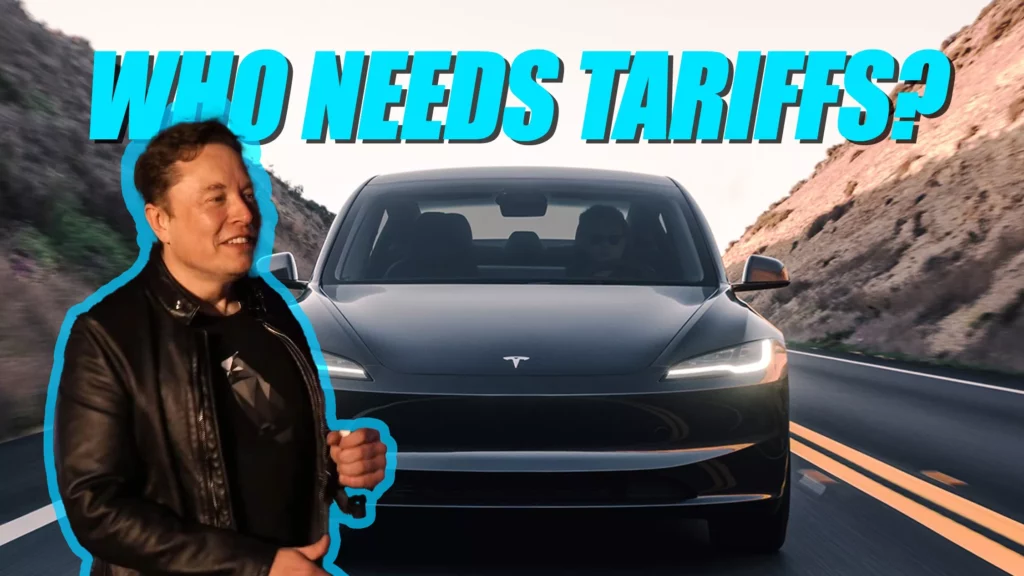- The boss of Tesla had previously said Chinese carmakers would “pretty much demolish” other marques without trade barriers.
- Stellantis chief executive Carlos Tavares also recently spoke out against the tariffs.
- Musk says Tesla performs “quite well” in China with no tariffs.
Tesla chief executive Elon Musk has apparently had a change of heart and revealed that he does not support the recent 100% tariffs levied against Chinese EVs imported into the United States.
In January, Musk said that “if there are not trade barriers established,” Chinese car manufacturers “will pretty much demolish most other car companies in the world.” The eccentric billionaire has now changed his tune, stating that he does not support these new tariffs.
“Neither Tesla nor I asked for these tariffs, in fact I was surprised when they were announced,” he said at the Viva Technology conference in Paris, per Reuters. “Tesla competes quite well in the market in China with no tariffs and no deferential support. I’m in favor of no tariffs.”
Musk isn’t the only powerful industry executive who doesn’t support these new tariffs. Earlier in the week, Stellantis boss Carlos Tavares described the tariffs as a “major trap,” asserting they will discourage Western carmakers from restructuring to meet the challenges proposed by Chinese competitors.
“[Tariffs are] a major trap for the countries that go on that path,” he said. “When you fight against the competition to absorb 30% of cost competitiveness edge in favor of the Chinese, there are social consequences. But the governments, the governments of Europe, they don’t want to face that reality right now.”

New U.S. tariffs on Chinese EVs will go into effect on August 1. Taxes have also been increased for many other goods imported from Chinese, including semiconductors and critical minerals used in batteries. U.S. Trade Representative Katherine Tai says these new tariffs are justified because China is stealing U.S. intellectual property.
In 2023, the United States imported $427 billion in goods from China, which in turn imported $148 billion in goods from the U.S.




